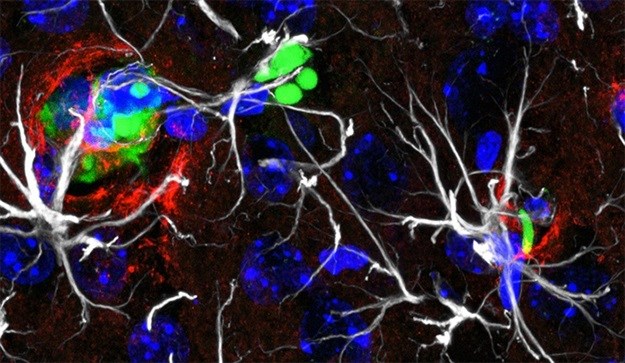
Top stories






More news


Marketing & Media
Ads are coming to AI. Does that really have to be such a bad thing?














Led by associate professor of pathology Don Nguyen, the Yale team analyzed RNA from patients with disease that was limited to the lungs as well as cancers that had spread. They also studied animal models of LUAD to identify common pathways.
The researchers found that aggressive LUAD cells expressed a number of proteins that allow them to persist outside the lungs in small numbers. They observed that the tumor cells that spread to the brain were able to utilize an extracellular molecule, which shields them from their hostile surroundings. “These occult lung cancer cells have found a unique way to co-opt the ‘brain microenvironment’ and survive,” said Nguyen. The study findings have already led to a collaboration with a pharmaceutical company to test drugs targeting that pathway, he said.
Read the full study published by Cancer Research.